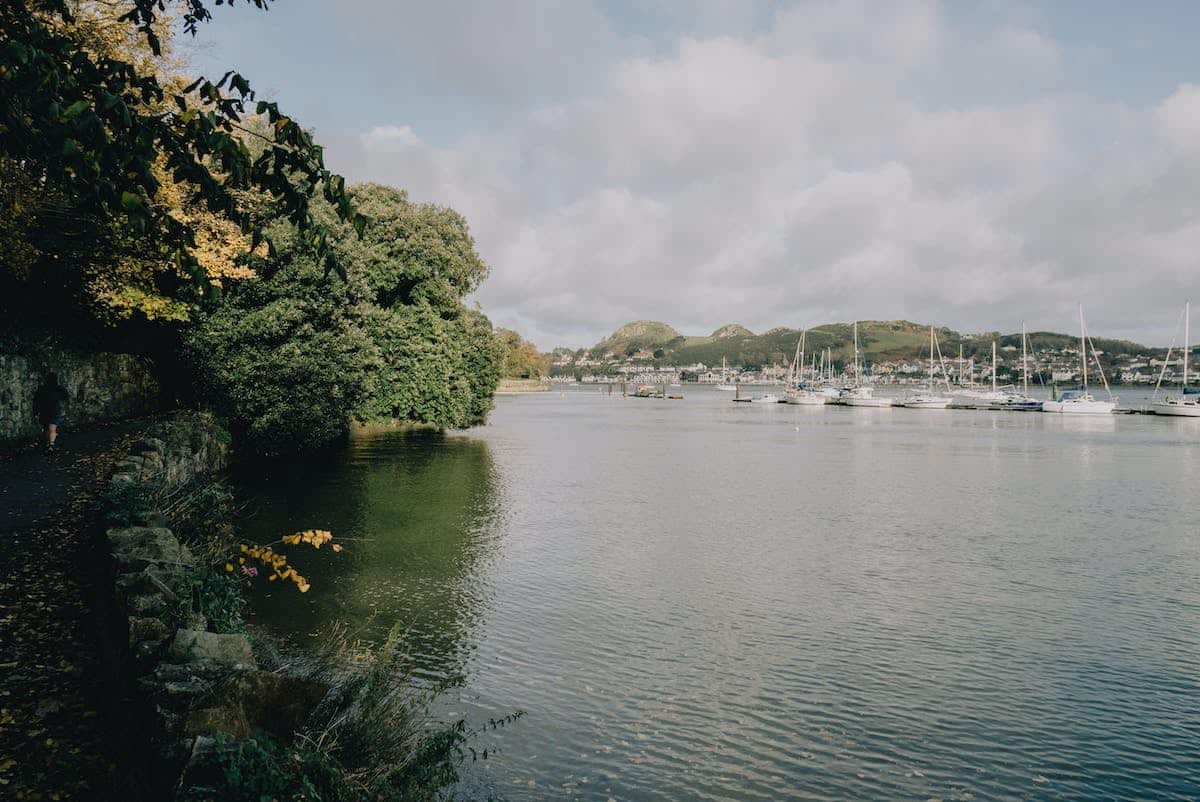Table of Contents
- Automated Docking Systems
- Navigation Systems
- Virtual Marina Assistants
- Smart Marinas
- Marine Navigation Experience
- The Evolution of AI in The Marine Industry
The marine industry has always embraced technology to enhance safety, efficiency, and the overall boating experience. In recent years, Artificial Intelligence (AI) has emerged as a game-changing technology, piloting in a new era of innovation in marina docking and navigation systems. By integrating AI, docking and navigating through busy marinas and challenging waterways have become more accessible and enjoyable for both seasoned sailors and novices.
Automated Docking Systems represent one of the pioneering innovations in this field. These systems utilize AI and machine learning algorithms to comprehend the boat’s position, speed, and the surrounding environment, enabling a seamless docking process. With real-time data analysis, automated docking systems can predict and respond to dynamic conditions, such as wind, current, and other vessels’ movements. This level of automation improves safety and significantly reduces docking time, especially in congested marinas. This transformation is reshaping the maritime industry, providing new opportunities to improve productivity, efficiency and sustainability, according to a study.
AI-powered navigation systems have taken marine navigation to the next level. Leveraging a vast amount of data from onboard sensors, satellite imagery, and other vessels, these systems provide real-time insights and recommendations. Advanced AI algorithms analyze this data to predict potential hazards, suggest optimal routes, and even automate course corrections. The use of Machine Learning (ML) enables the system to continuously enhance its predictive accuracy and decision-making capabilities by learning from past experiences.
Another exciting advancement is the development of Virtual Marina Assistants. These AI-driven digital companions provide personalized assistance to boaters throughout their journey. From booking a berth to delivering real-time weather updates and local marine traffic information, Virtual Marina Assistants ensure a hassle-free and enjoyable boating experience. These assistants can also interface with the boat’s systems, providing diagnostics and offering maintenance suggestions.
Furthermore, AI has empowered the creation of Smart Marinas, where the entire marina ecosystem is interconnected and optimized for efficiency and sustainability. Through AI analysis, marinas can optimize berth allocation, energy consumption, and waste management. Additionally, Predictive Maintenance powered by AI can predict equipment failures before they occur, minimizing downtime and ensuring a safe and operational marina environment.
The fusion of AI and Augmented Reality (AR) is also transforming the marine navigation experience. AR navigation displays overlay real-time data onto the physical world, providing a comprehensive and intuitive visual navigation interface. This combination enhances situational awareness, making it easier for boaters to interpret complex navigation data and respond swiftly to changing conditions.
Sophisticated AI systems are revolutionizing the maritime industry by introducing autonomous ships capable of operating independently without human interaction. These advanced AI-powered vessels boast a significantly lower error rate compared to their human-operated counterparts, according to the same study. By leveraging AI technologies, autonomous ships can navigate and maneuver in dynamic marine environments with a level of precision and efficiency that was previously unattainable. This transformative development is gradually reshaping the traditional operational process of the maritime industry, paving the way for safer, more streamlined, and technologically advanced maritime operations.
As AI continues to evolve, the applications in marina docking and navigation systems will expand, unlocking new possibilities for safer, more efficient, and enjoyable boating experiences. The collaboration between AI developers, marine engineers, and boaters is essential in driving further innovations that address the unique challenges and opportunities within the marine environment.
It is crucial for the boating community, marina operators, and regulatory bodies to embrace and invest in these AI-driven technologies. By doing so, they can enhance the safety and efficiency of marine operations and contribute to making boating a more accessible and sustainable leisure activity for everyone involved.
